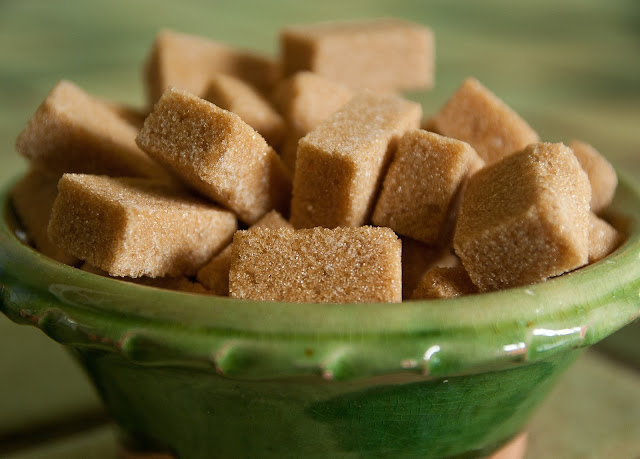48 different names for sugar
 |
| Image via pixabay. |
Human consumption of sugar has increased exponentially over the years and has been linked to many health conditions such as type II diabetes, obesity, tooth decay, heart disease, dementia, high blood pressure, stroke, cancer and the incidence and severity of non-alcoholic fatty liver disease (1). However, these health conditions can occur from the over-consumption of sugar. Sugar can even cause the release of dopamine which is similar to the drugs that people abuse.
People are consuming sugar and don't know it! Are you consuming sugar and don't know it?
You could be because on an ingredient list the word sugar may be absent because manufacturers are using other words for sugar. This is so because sugar has different sources and hence many names and so we might not recognize them on labels. So it does not mean sugar is absent from a food if the food label doesn't have the word sugar listed.
Our kids are also over-consuming sugar!
Young children are also over-consuming sugar because there are so many treats and snacks in the supermarkets these days for kids that are full of sugar and adults are purchasing these for their kids. What's very disturbing is that our childhood diet can impact our choices on the foods that we seek as adults and also increase our risk for obesity according to a study by Frazier et al. (2008) who tested the hypothesis that dietary experience during childhood and adolescence affects adult obesity risks. They found that mice exposed to sucrose early in life preferred and consumed this food as much as non-exposed animals, but in this environment gained more weight than controls (2).
A little background on sugar.
Sugar is basically a carbohydrate that gives our foods and drinks a sweet taste that humans so badly crave.
Where does sugar come from?
Sugars occur naturally in many foods such as fruits, vegetables, grains and so on. This sugar/sucrose is extracted from the tissues of plants such as sugar cane and sugar beet and refined for human consumption. The sugars that are produced commercially are added to our foods (called added sugars) by manufacturers or by us when we cook our foods. The sugar that we commonly use is called sucrose and sucrose is composed of glucose and fructose.
Sugar can be found in lots of foods and drinks. They can even be found in foods and drinks that we might not expect to find sugar in. Examples of foods and drinks that contain sugar are sugar-sweetened beverages such as soda, fruit juices and energy drinks, pasta, bread, granola, BBQ sauce and canned soups.
Sugars come in several forms and they are:
- monosaccharides
- disaccharides
- polysaccharide
Sugars that are made up of single sugar molecules are called simple sugars/monosaccharides. Examples of these are glucose, fructose, and galactose.
When two simple sugars are joined together by a chemical bond they are called disaccharides, the most common of which is sucrose or table sugar. Table sugar is made up of equal amounts of the simple sugars glucose and fructose.
Carbohydrates that are made up of more than two simple sugars are referred to as polysaccharides.
The different names for sugar
- sugar
- high-fructose corn syrup
- fructose
- corn syrup
- buttered syrup
- brown rice syrup
- evaporated cane juice
- molasses
- honey
- malt syrup
- nectars
- fruit juice concentrate
- brown sugar
- malted barley
- barley malt
- lactose
- maltose
- rice syrup
- maple syrup
- caramel
- carob syrup
- raisin syrup
- cane sugar
- beet sugar
- castor sugar
- blackstrap molasses
- sorghum
- corn sweetener
- corn syrup solids
- white sugar
- raw sugar
- date sugar
- brown rice syrup
- concentrated fruit juice
- fruit juice concentrate
- confectioner's sugar
- mannitol
- xylitol
- sorbitol
- diaccharides
- galactose
- agave nectar
- coconut sugar
- grape sugar
- Florida crystals
- coconut sugar
- coconut palm sugar
- sorghum syrup
References
1. Moore JB, Gunn PJ, Fielding BA. The Role of Dietary Sugars and De novo Lipogenesis in Non-Alcoholic Fatty Liver Disease. Nutrients. 2014; 6(12):5679-5703.
2. Frazier CRM, Mason P, Zhuang X, Beeler JA (2008) Sucrose Exposure in Early Life Alters Adult Motivation and Weight Gain. PLoS ONE 3(9): e3221. doi:10.1371/journal.pone.0003221
Tags:
Healthy Living












0 comments